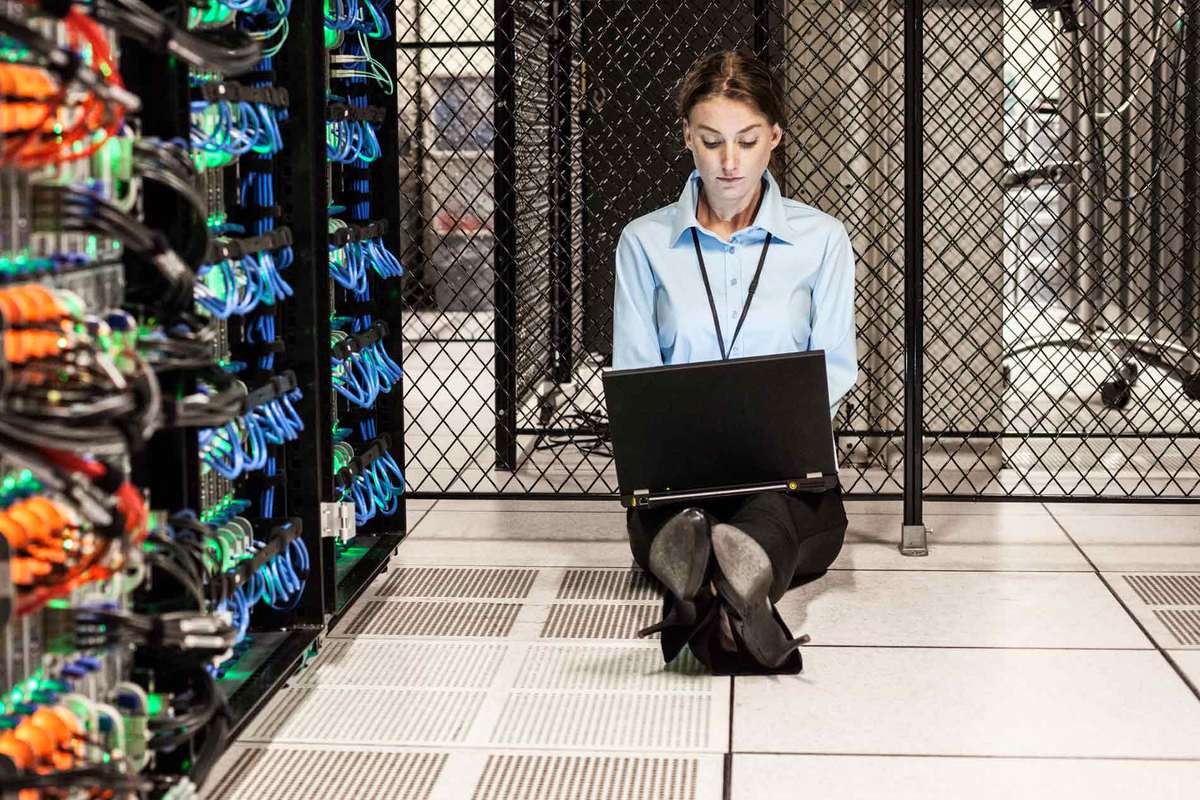
In dedicated server hosting, the physical server, along with all of its resources is fully allotted to one server tenant. This means the dedicated server gives the website owner full control to configure the hosting environment according to their needs.
The way you configure your server can also help enhance its capabilities and decide how well it will work to keep your website running. Read on to know what factors to consider while configuring your dedicated server after you’ve chosen dedicated hosting for web hosting in India.
Why is It Important to Configure Your Dedicated Server?
To keep a webpage running, various aspects need to work together, such as speed, uptime, operating system and different physical hardware resources. With a dedicated server, you have full control over your hosting environment.
Each element plays a vital role in ensuring that the webpage is always available. Therefore, it must be well-configured and optimised to ensure that it all works to keep your website functional.
Factors to Consider for Dedicated Server Configuration
- Understanding Your Website Needs
The most critical aspect of optimising your dedicated server is understanding your website needs. That means evaluating aspects like webpage traffic, applications and software that will be running, processing power, storage requirements and the support you need from your web hosting provider.
Further, you also need to check on the physical hardware requirement for a dedicated server setup, uptime, and billing and pricing policies. Considering these aspects will ensure you create a robust and dedicated setup that will ensure optimum performance and the best user experience.
- Choosing Between Windows or Linux
Both Windows and Linux operating systems work great, but choosing the right one is essential to creating a suitable server environment. For instance, if your whole setup is based on Microsoft services, then going for a Windows dedicated server is recommended.
- Physical Hardware Resources
- CPU
The central processing unit is the heart of your server. To ensure it works efficiently, you need to understand how resource-intensive your website is and how much processing power is needed to run it.
For instance, a quad processing unit works well for a normal webpage, but a multi-core processor is better suited for a resource-intensive app/website.
- RAM
RAM ensures quick temporary storage, multitasking and easy access to data. For active data processing, 16GB-32GB is usually sufficient, but in the case of complex work, you need to plan your scalability options.
- Storage
For data storage, the ideal options available for dedicated server configuration are HHDs and SSDs.
HDDs are more cost-effective and offer more storage space, but they can be prone to wear and tear and can be slower. SSDs are faster and more durable but come with a higher price tag.
SSDs are great for quick data retrieval, making them great for data-intensive sites like eCommerce sites. You can also use SSDs and HDDs in combination.
For example, SSDs can store your OS and data that needs frequent access, and HDDs can be used for archiving purposes.
Conclusion
Configuring your dedicated server is a complex process that requires a deep understanding of hosting requirements. You also need to consider configuring network connectivity, security and backup measures.
The pointers stated above can give you a good starting point and can help create a solid foundation for your dedicated server hosting in India. Creating a strong base will also facilitate an easier move on to more complex configuration processes and allow for a successful setup.





More Stories
US Tariffs on Chinese Goods: What Businesses Need to Know
Keeping Your Garage Door Running Smoothly: The Importance of Garage Door Opener Services
Heavy Duty Towing and Its Impact on Traffic Incident Management